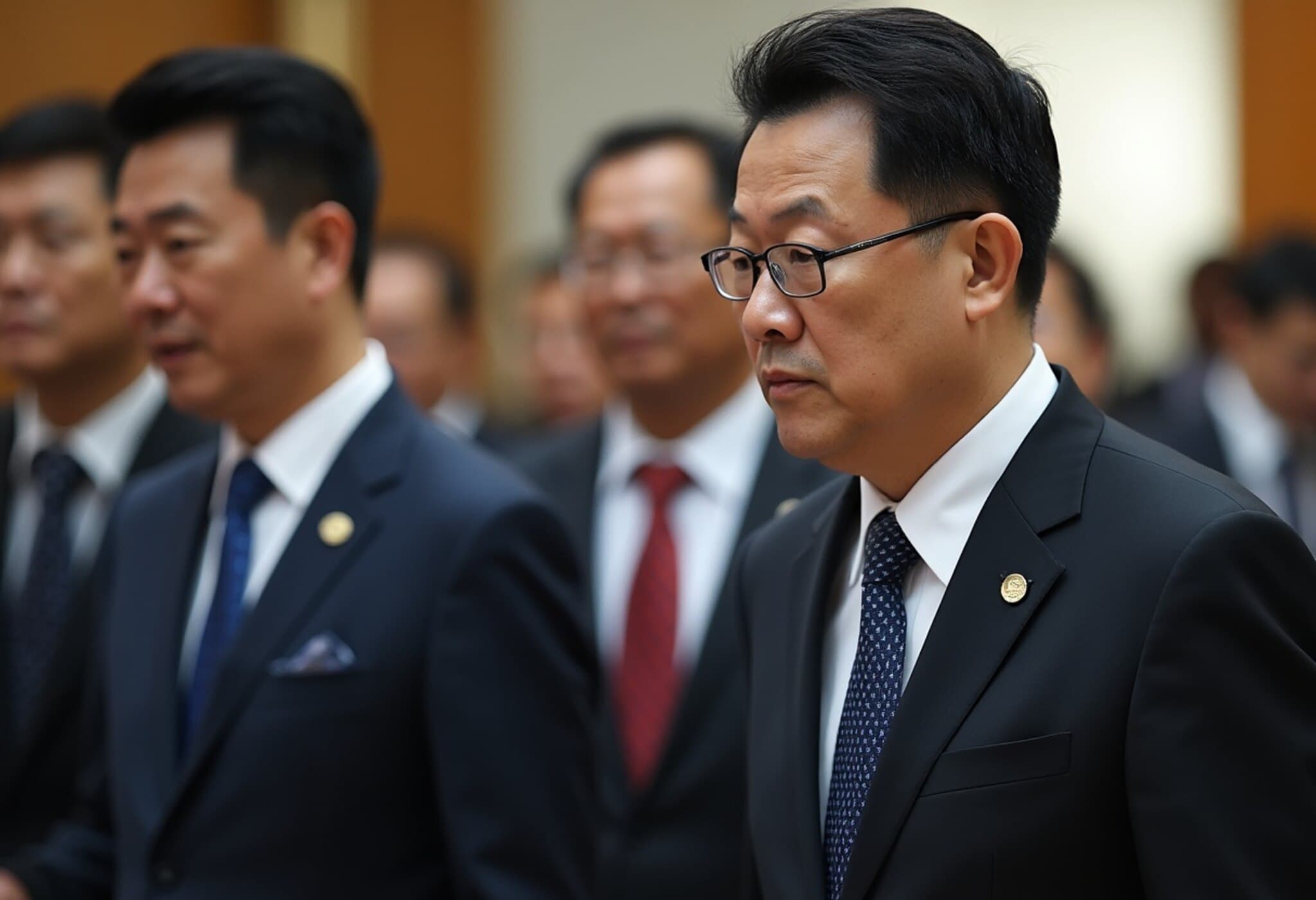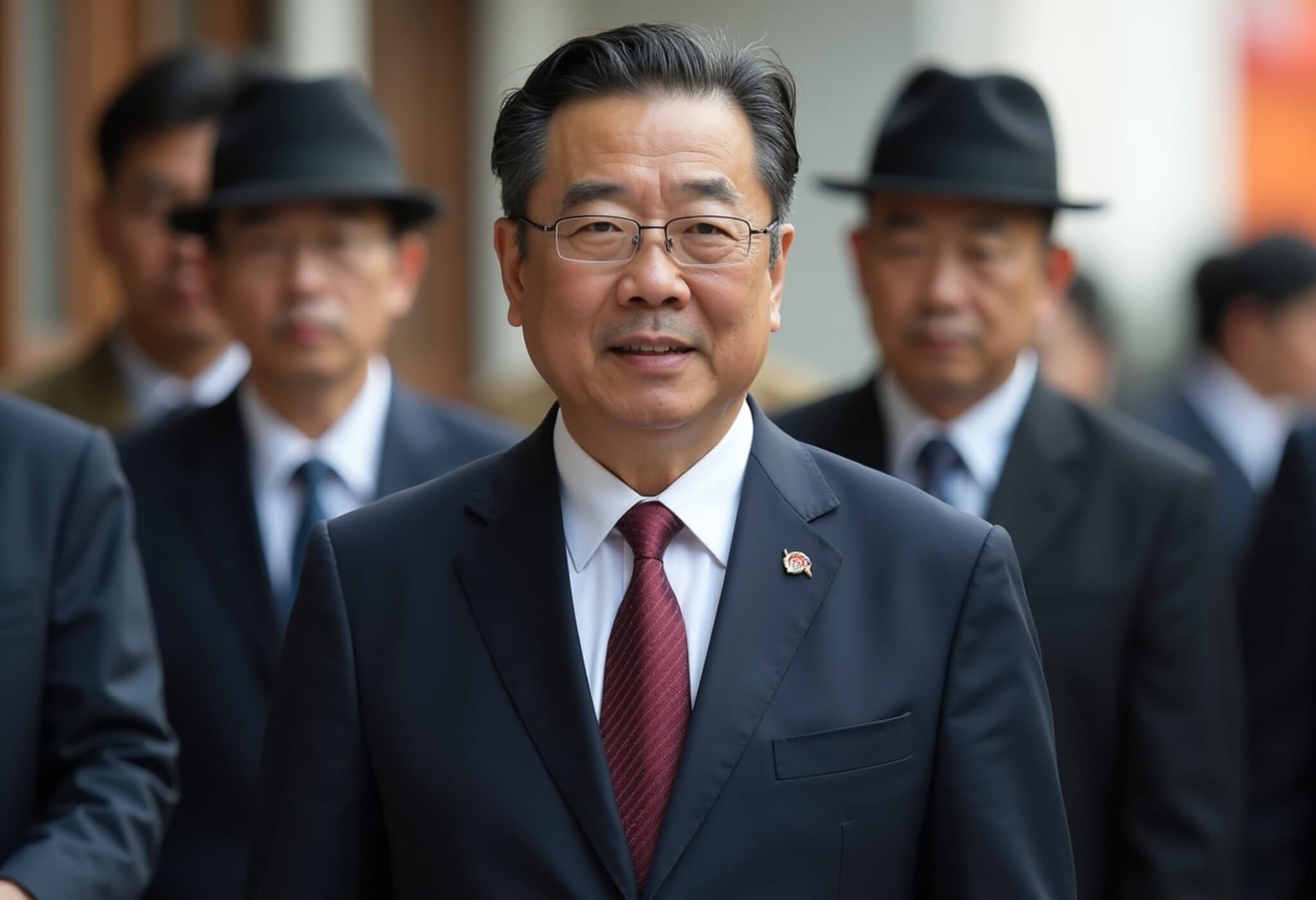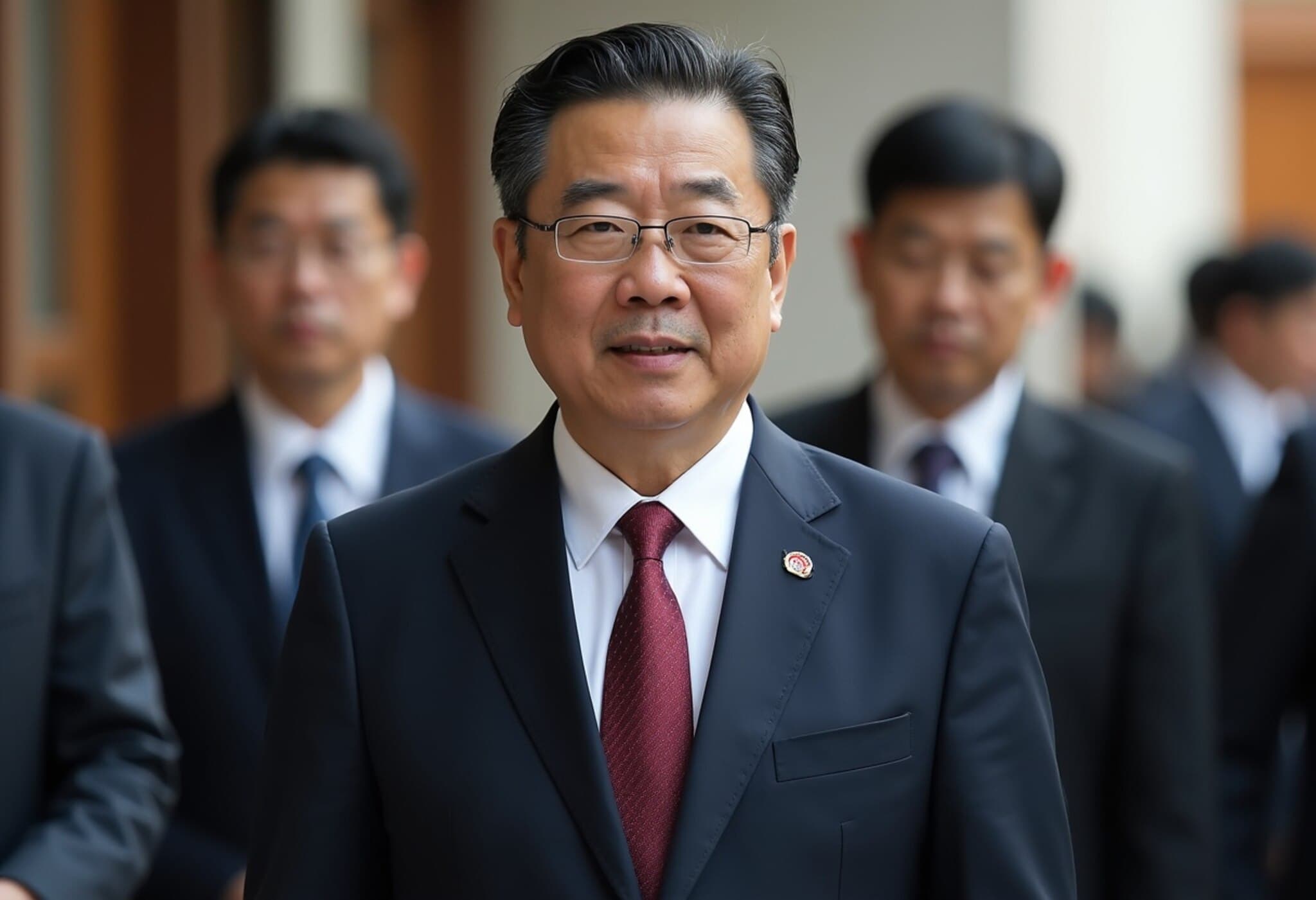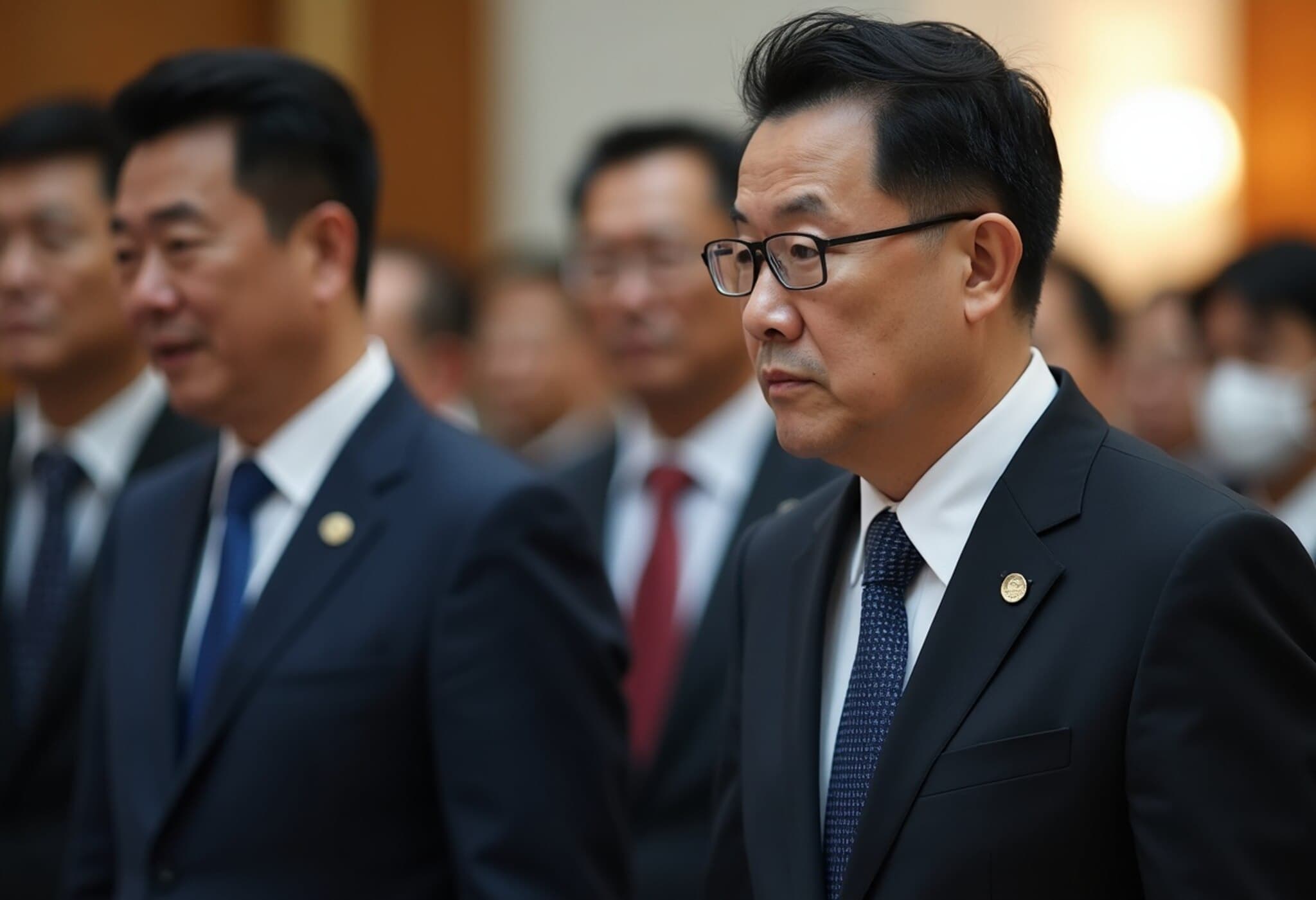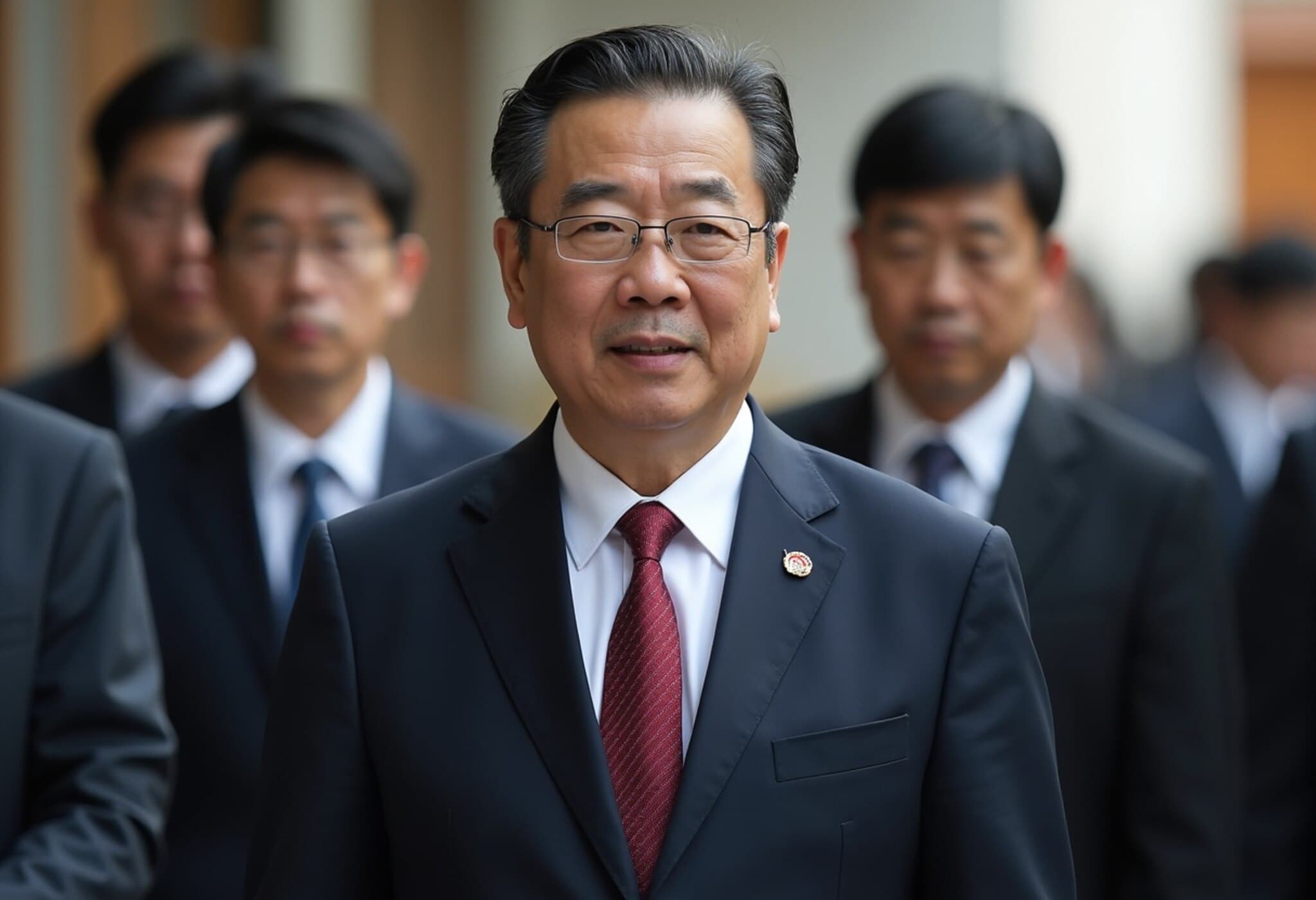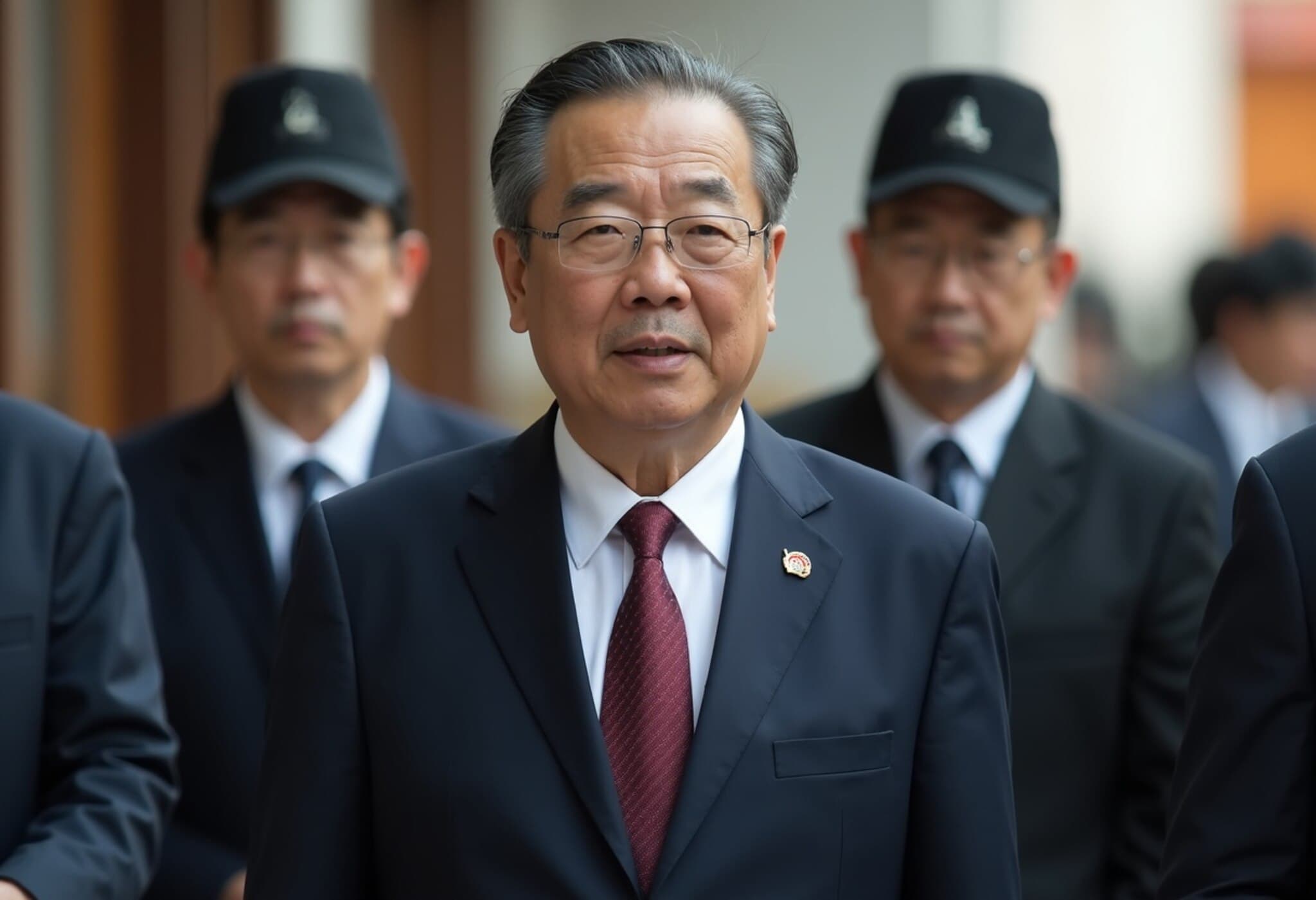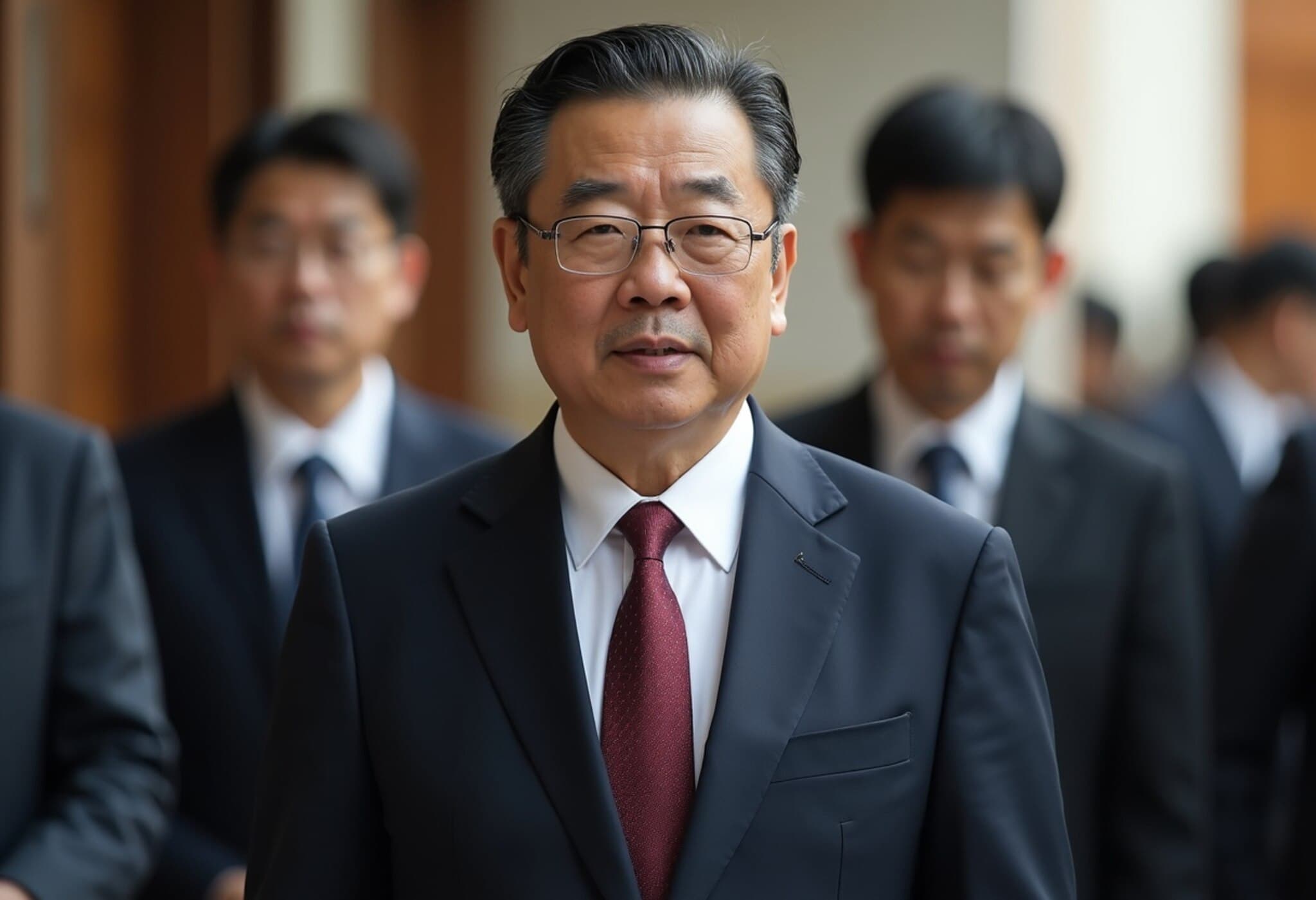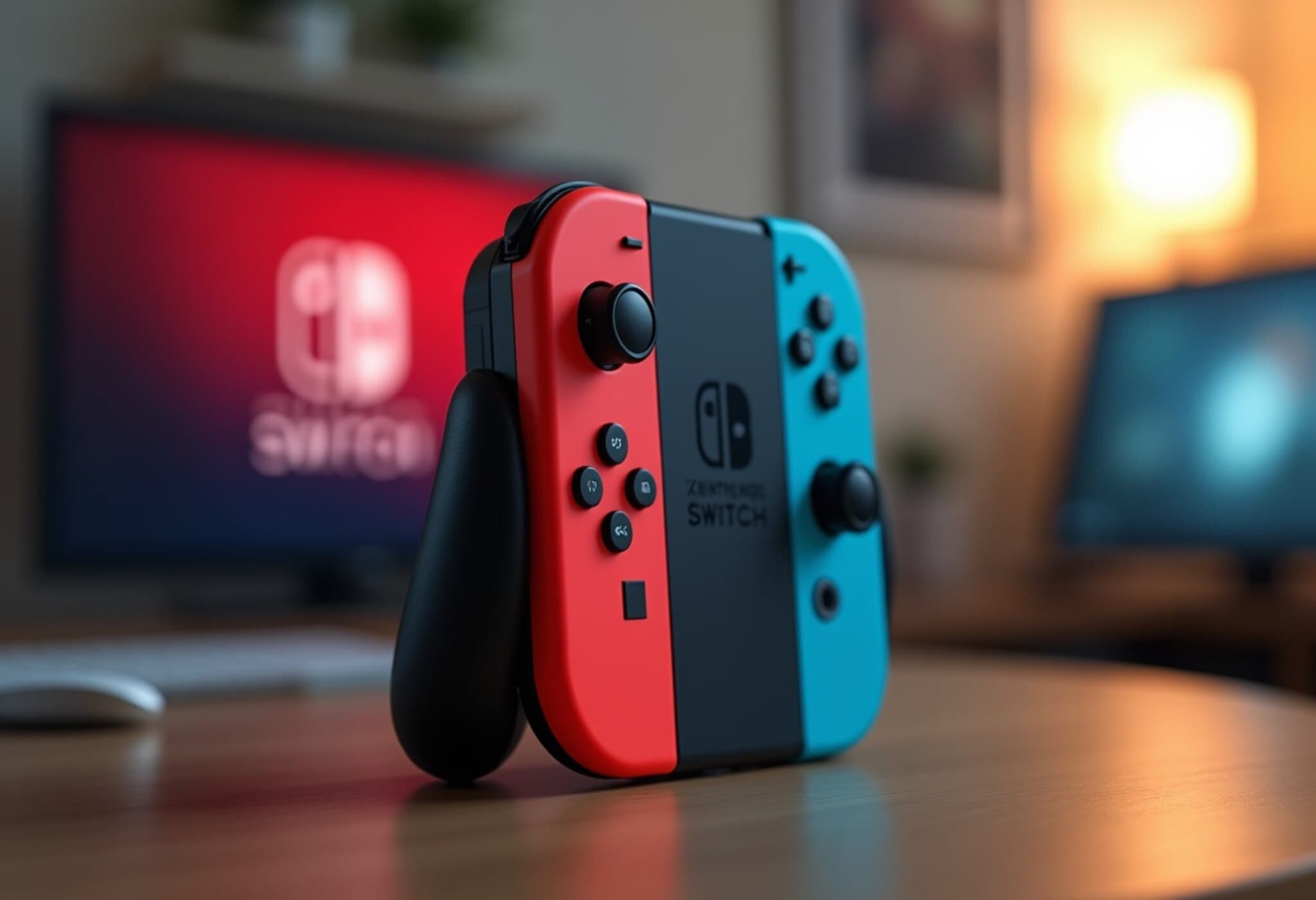South Korea’s Former President Yoon Suk Yeol Defies Questioning by Stripping Prison Uniform
In a dramatic turn of events that underscores the tense political and legal climate in South Korea, former President Yoon Suk Yeol has once again refused to participate in questioning by investigators. On Friday, Yoon took the unusual step of removing his prison attire and lying on the floor of his detention cell, a bold act of defiance amid ongoing corruption probes and criminal investigations.
Background: A Presidency Cut Short Amid Martial Law Controversy
Yoon’s imprisonment follows his controversial April removal from office after he declared martial law in an attempt to quell political opposition. The decree, which sent armed troops onto Seoul’s streets, was swiftly overturned by a unanimous parliamentary vote, shaking the foundations of South Korea’s young democracy and intensifying political rivalries.
He faces not only charges related to rebellion but also additional allegations involving abuse of power, implicating both him and his wife, Kim Keon Hee. These charges pertain to accusations of undue influence on his then-ruling party’s candidate selection process during the 2022 elections.
Friday’s Incident: A Symbolic and Strategic Resistance?
Min Joong-ki, the special counsel appointed by the current liberal President Lee Jae Myung, dispatched investigators to a detention center near Seoul to compel Yoon to attend questioning after repeated refusals. Although armed with a court-authorized warrant allowing forceful removal, investigators initially hoped for voluntary compliance.
According to assistant special counsel Oh Jeong-hee, “Without wearing his prison uniform, the suspect lay down on the floor and strongly resisted his detention.” Justice Minister Jung Sung-ho added that Yoon stripped off his prison shorts and shirt, only to re-dress after officials left.
Investigators opted against physical intervention for safety reasons but warned Yoon that they will enforce the warrant if resistance continues. Oh emphasized the importance of the rule of law and equality before it, echoing broader concerns in South Korea about political elites evading accountability.
Legal and Health Claims: Balancing Rights and Justice
Yoon’s legal team contends that his refusal to attend questioning stems from serious health issues. They cite cardiovascular, autonomic nervous system, and vision problems, warning that delayed medical treatment has put his eyesight at risk of permanent damage. This medical condition, if verified, raises complex questions about detainee rights and the obligations of the justice system.
Conversely, Yoon’s lawyer also condemned the special counsel’s public revelation of Yoon’s prison attire status as an attack on his dignity and honor, criticizing the investigation team’s handling of the situation. This clash highlights tensions between transparency, legal norms, and defendant protections in a politically charged investigation.
Political and Social Ramifications
The standoff spotlights the fragile state of South Korean politics, where conservative and liberal factions vie intensely for power amid growing public dissatisfaction. Yoon’s steadfast resistance and claims of political victimization resonate with his conservative base, framing the impeachment and trials as partisan maneuvers.
Meanwhile, the government’s insistence on thorough investigations underscores a commitment to tackling corruption and upholding democratic rule of law — though critics worry about possible abuses of prosecutorial power.
Expert Insight: The Larger Democratic Challenge
From an American and broader democratic perspective, Yoon’s saga illustrates the ever-present tension between political accountability and due process — especially in fledgling democracies confronting entrenched power structures.
South Korea’s judiciary now navigates a historic crossroads: ensuring justice is impartial while respecting fundamental rights of a former head of state. The outcome here could set vital precedents on how political leaders are held accountable globally, balancing legal principles with democratic values amid political polarization.
Summary
- Former President Yoon Suk Yeol resists questioning by removing prison clothes and lying on detention floor.
- He faces multiple serious charges following his controversial martial law declaration and alleged election interference.
- The special counsel’s team warns of enforced compliance but prioritizes safety, highlighting law enforcement challenges.
- Yoon’s defense cites significant health concerns, drawing attention to detainee medical rights.
- Political ramifications extend beyond South Korea, reflecting global democratic tension points regarding justice and governance.
Editor’s Note
This unfolding episode not only adds new chapters to South Korea’s turbulent political history but also prompts deep questions about the balance between political dissent, legal accountability, and human rights within democratic frameworks. As the world watches, the legal process surrounding Yoon’s case will test South Korea’s institutions and the resilience of its democracy — making it imperative for citizens and global observers alike to follow closely and critically.










